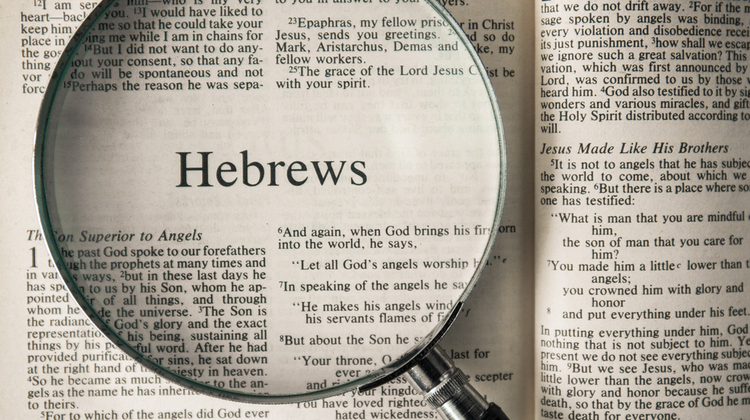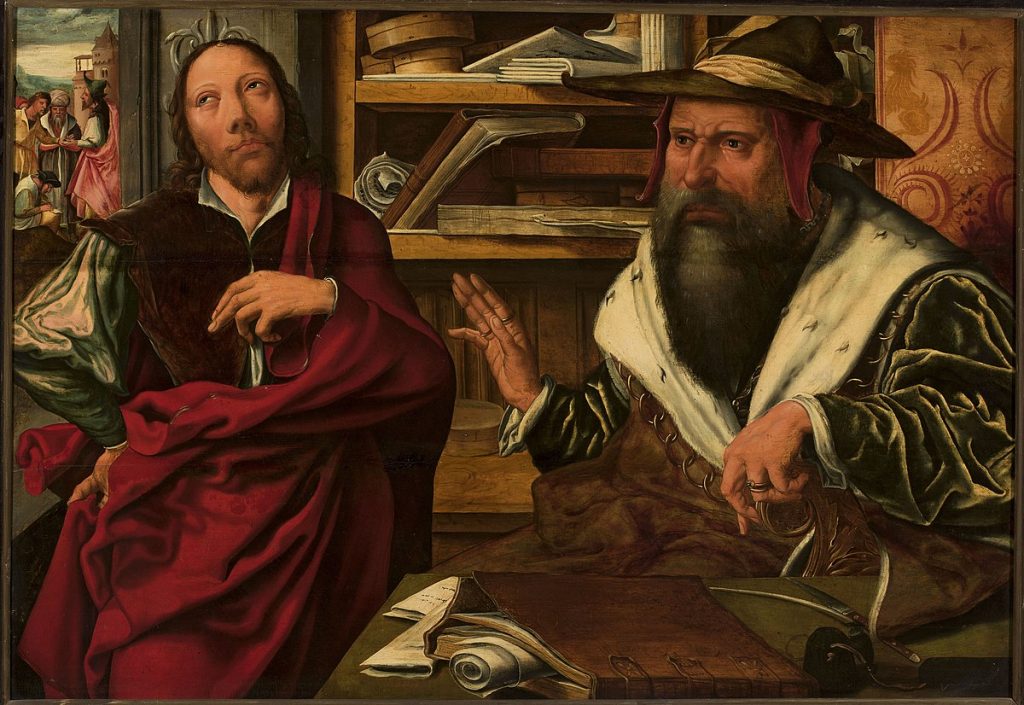Hebrews 8
To paraphrase Anselm: the only sacrifice truly worthy to be made to God, is God himself. However, since it is we that sinned and caused the rupture with God, it can only be one of us that makes the sacrifice. The solution is the Incarnation.


